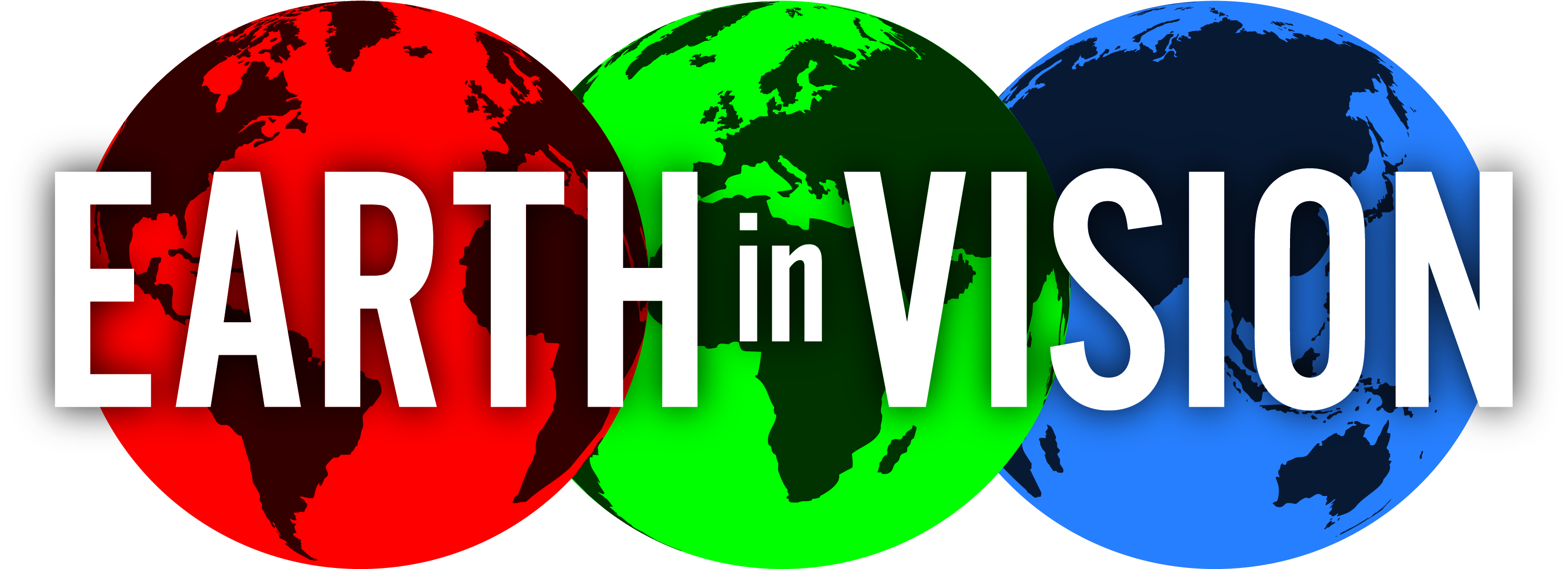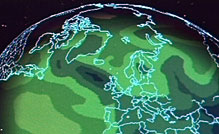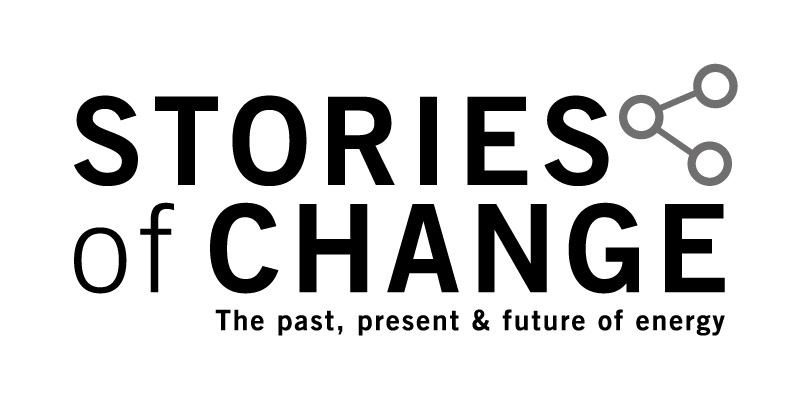James Honeyborne
James has been making wildlife films for over 20 years. He studied biology at the University of Newcastle-upon-Tyne and joined the BBC Natural History Unit in 1992. He is the producer and director of award-winning wildlife TV documentaries for BBC, Discovery Channel and National Geographic. In 2009, he co-presented the BBC television series Wildest Dreams with Nick Knowles, a reality TV series about wild animals for which Honeyborne acted as mentor and judge to the candidates as they took on a series of filming challenges to compete for a placement at the BBC Natural History Unit. His credits include Supernatural, Weird Nature, Wildlife On One and The Natural World. He also directed a feature-length wildlife drama, Meerkats (2009). He is a keen scuba diver and photographer and has also made a series of documentaries with world champion freediver, Tanya Streeter. More recently, from 2009 - 2013 he was Series Producer for the BBC’s landmark series Africa which was narrated by Sir David Attenborough and aired in 2013.
Transcript
Earth in Vision Project
Wildscreen, 20th – 23rd October 2014
My name is James Honeybourne, I am an Executive Producer at the BBC Natural History Unit.
Wildlife television: What got you started?
I have always had a passion for wildlife and I was very lucky, when I was 18 I went to Africa to see my uncle, who was living there and he introduced me to a film crew and I just thought it was amazing that people could be paid to do that as a job. It was a wildlife film crew, they were making a series called Africa Watch, a live watch back in the late eighties, and that really inspired me to go to university, to read biology and to then go straight to the Unit and secure a job there as a researcher, which I did.
Wildlife television: What inspired me?
As a child Life on Earth was the programme. I was, I don’t know, seven, eight, nine when it came out and I was just blown away! I still remember sitting in my parents’ living room and watching that man in the blue shirt walking over those volcanic craters looking for the algae, you know, it was amazing. And that was the first show of Life on Earth and… yeah. So David Attenborough, it genuinely inspired me to take this job.
Can you bring environmental issues into blue-chip natural history?
We make a broad range of output and I work mainly within the blue chip area, so that’s behaviour-led wildlife. Our viewers expect to see amazing new animal behaviours played out in extraordinary wild environments, but equally, we feel, and it’s very important, that you can’t just trade on fairy-tale wild landscapes that don’t exist anymore. There is an element of reality that needs to be reflected in these films; otherwise, they’re not really showing the whole picture. So certainly as we look towards making the next tranche of blue-chip wildlife, we’re very much looking at how and where we need to show the influence of humanity. There are very few places on this planet where there isn’t some sort of balance now between nature and mankind, and to not reflect that would be to not reveal the whole truth.
When have you introduced environmental issues into a blue-chip series?
I think above all else we need to be true to nature, and to be true to nature you need to give the context as it really is. So it’s not about what’s palatable to the audience. Yes, of course we need to make informative, educational and above all entertaining wildlife films, but they have to be true to nature in all its senses, and that means showing humanity, the effects of humanity, setting it in a context that’s real and relevant to today because that's the reality of it. A series like Africa, for example, yes, we showed the glorious wildlife but then we also, within the body of the main series, made a film that asked about the future of Africa’s wildlife, because that felt, to us, to be the pressing journalistic question at the forefront of our minds as we made the series.
Environmental issues: Bad box office?
I don’t think it’s about the environment, I don’t think it’s about box office; I think what it’s about is good storytelling, and I think compelling stories that are well told and that are dramatically captivating and totally engaging, that’s what makes good box office and there’s no reason why you can’t make great box office around some of the more tricky conservation and environmental subjects.
The BBC 'Africa' series: How successful was the final episode on the environment?
So our final show on the series Africa was about the future of the continent and was very much looking at an environmental perspective. It achieved the same audience and the same sort of ratings as the main series, so there wasn’t a dip in that at all. And I would argue that David Attenborough on his hands and knees with a baby rhino is pure box office.
BBC commissioners and environmental issues
The messaging I get from commissioning is that they’re absolutely interested in the right sort of environmental programming. Of course as the BBC what we can’t do is campaign, it’s not our position to and we do need to remain neutral in that space. But we are equally a voice for nature and that’s really important, and our audience expects us to be a voice for nature. So we can have a perspective on these things, but it’s not necessarily a straightforward campaigning perspective; it’s a perspective that looks at the environment objectively, looks at nature objectively and enables us to tell stories that we really feel we need to tell.
The BBC Ocean series: Will it confront the real situation?
Looking ahead to a series we have coming up in 2017, our Oceans series, we’re very much looking at how to set that within the contemporary oceans of today. We don’t feel, going into a series like this, that just creating a glorious show of incredible underwater images, without reflecting something of the truth of what’s happening in the oceans today, that would be misleading. So clearly there has to be a balance and there’s a balance between all sides in these sorts of documentaries, between educating, informing, entertaining and setting a context and a truth that is real.
The BBC Ocean series: Will it feature acidification?
It’s funny you should mention ocean acidification because actually, that is my example of when I talk about the programme at the end of the Oceans series, where we look to the future of the world’s oceans, ocean acidification is one of those core subjects that really we have to find a way of visualising. A really hard thing to film when you think about it, but there has to be a way and we’ve been looking into that and we’re already finding some quite surprising examples where naturally occurring ocean acidification is happening, and what does that mean for those calcareous animals that exist in the oceans there. So yeah, we have to be able to take on subjects which might not at first glance appear visually stimulating, but I genuinely believe in wildlife filmmaking, if you’ve come up with an interesting, fascinating story, there’s a way then of making that compelling television too.
BBC natural history archive: Should it be made available to the public?
I think I’m in too privileged a position to answer that question. I don’t think I can answer that question publicly.
Planet Earth: optimist or pessimist?
I will always be optimistic about the future of wildlife on this planet, you have to be, you have to be optimistic… I think humanity, yes, of course, we do terrible, dark and desperate deeds, but I also find humanity genuinely inspiring. Nature is my personal inspiration but there’s no reason why those two can’t marry.
Explore more...
-

Earth in Vision
Learn more to access more details of Earth in VisionInterviews with media producers, from the icons Sir David Attenborough & Desmond Morris, to new digital natives. This is an important historical collection and a powerful resource for anyone wanting to make or think about environmental media.
External link
-

Creative Climate
Learn more to access more details of Creative ClimateHarnessing the power of creativity to tackle environmental challenges—an ambitious long-term diary project from The Open University
External link
-

Stories of Change
Learn more to access more details of Stories of ChangeThese interviews have been recorded by the BBC’s Environment Analyst Roger Harrabin, and they capture the thinking of leading players in climate change and energy debates at a critical moment in the global conversation.
External link
Rate and Review
Rate this video
Review this video
Log into OpenLearn to leave reviews and join in the conversation.
Video reviews